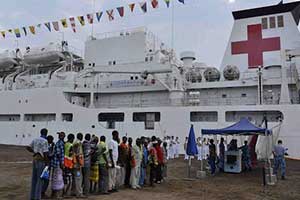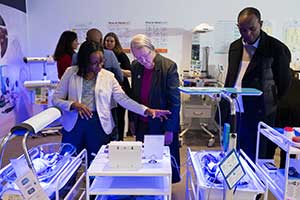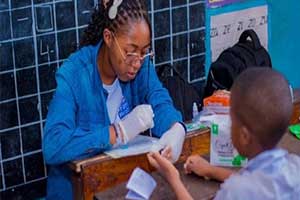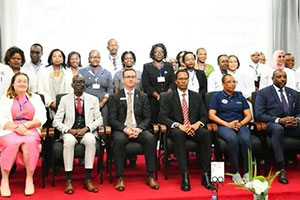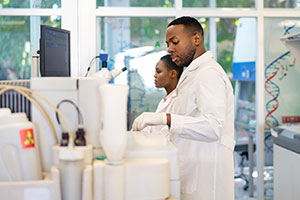The Kenyan government has announced a significant milestone in healthcare access with the enrollment of nearly 9,000 healthcare facilities under the new Social Health Assurance (SHA) initiative. Government spokesperson Isaac Mwaura confirmed the extensive inclusion of 4,760 public and government facilities, 2,498 private institutions, 1,442 faith-based organizations, 17 community facilities, and 86 other healthcare providers across the country. This move reflects the government’s ongoing efforts to enhance healthcare accessibility as Kenya transitions from the former National Health Insurance Fund (NHIF) model.
Mwaura described the SHA initiative as an inclusive approach aimed at establishing an equitable and resilient healthcare system accessible to all Kenyans. “This extensive enrolment signifies the collective commitment of Kenyan citizens toward an equitable, accessible and resilient healthcare system,” he stated. This initiative is part of the government’s broader objective to ensure universal health coverage and ease the financial burden of medical expenses for Kenyans.
In addition to expanding general healthcare access, the government has also contracted 55 cancer care providers and 184 renal care providers to enhance specialized treatment options for cancer and dialysis patients. These services will be available across various regions, aiming to improve the quality of life for those affected by these chronic conditions. This development is a critical step in addressing the growing demand for specialized healthcare, particularly for diseases like cancer and kidney disease, which are on the rise in Kenya.
Health Principal Secretary Harry Kimtai also confirmed that the government has already disbursed KSh4.5 billion for the SHA fund, with an additional similar amount expected to be released soon. The funds are intended to support the operational costs of enrolled facilities and ensure patients receive quality care without financial barriers.
However, amid these positive developments, concerns have arisen about some facilities requesting upfront payments from patients. Kimtai cautioned facilities enrolled under SHA to refrain from such practices, emphasizing that patients under SHA should receive care without initial financial demands. This directive is part of the government’s commitment to a smooth and patient-friendly experience under SHA, helping reduce instances where financial constraints prevent access to timely healthcare.
Through these initiatives, the Kenyan government aims to establish a robust, inclusive healthcare system, enhancing accessibility and ensuring that essential healthcare services are within reach for all citizens.



